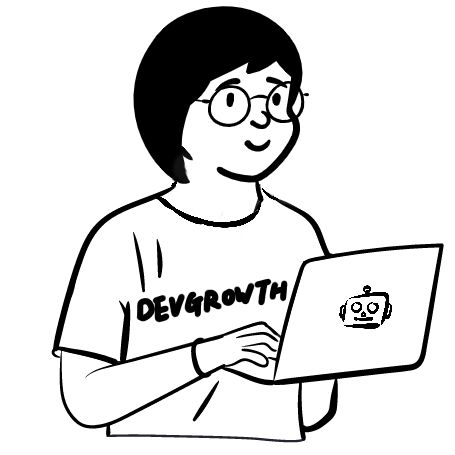1,705 reads
📚3 Must Read Books for Programmers from Non-traditional Background
by
December 22nd, 2022
Audio Presented by

👩💻 Software Engineer currently at a FAANG company https://devgrowth.gumroad.com/l/devgrowth-notion devgrowth.tech
About Author
👩💻 Software Engineer currently at a FAANG company https://devgrowth.gumroad.com/l/devgrowth-notion devgrowth.tech
